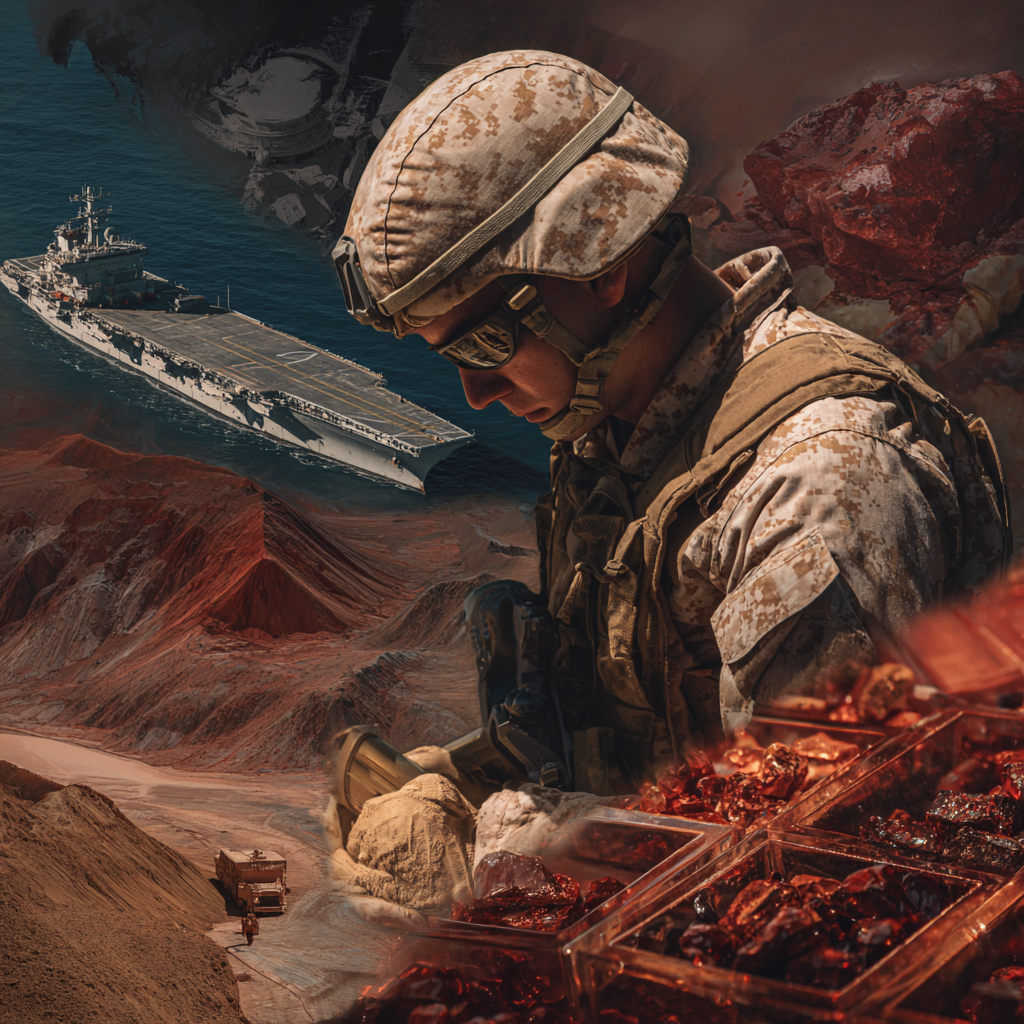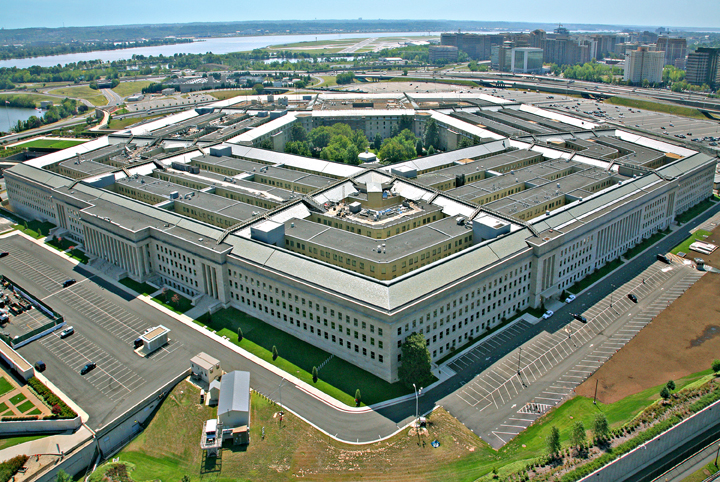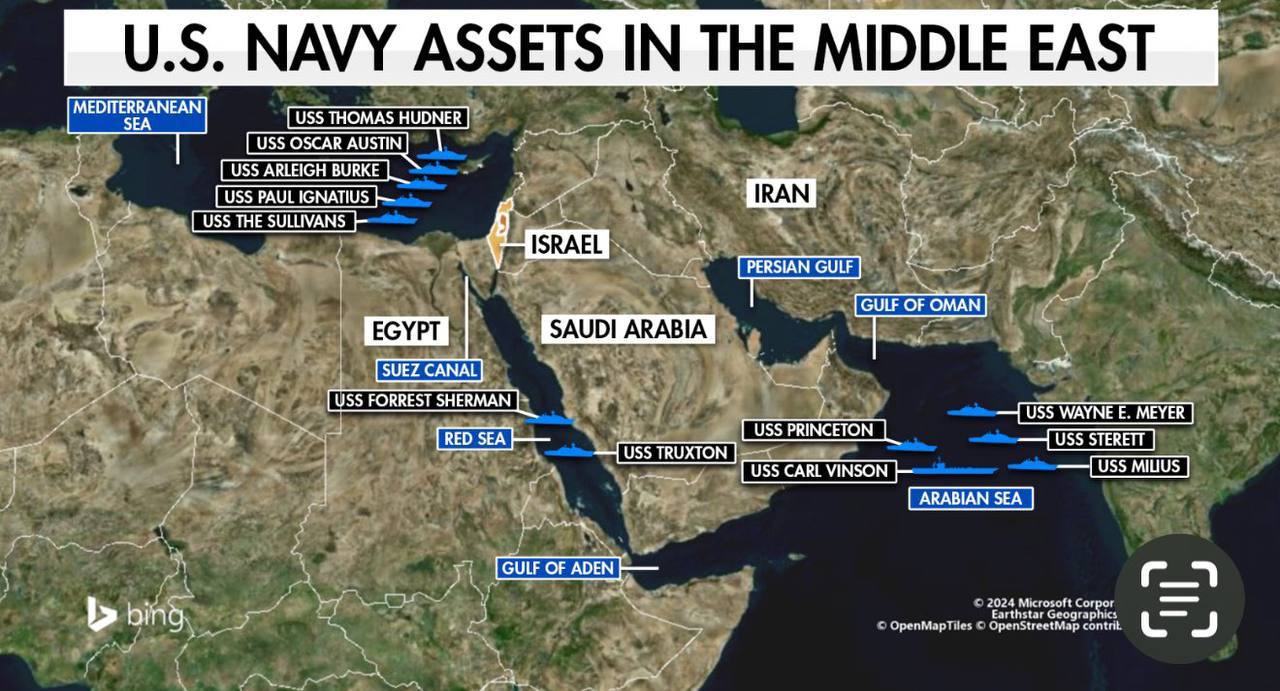U.S. Rushes to Support Israel Amid Rapid Depletion of Missile Interceptors
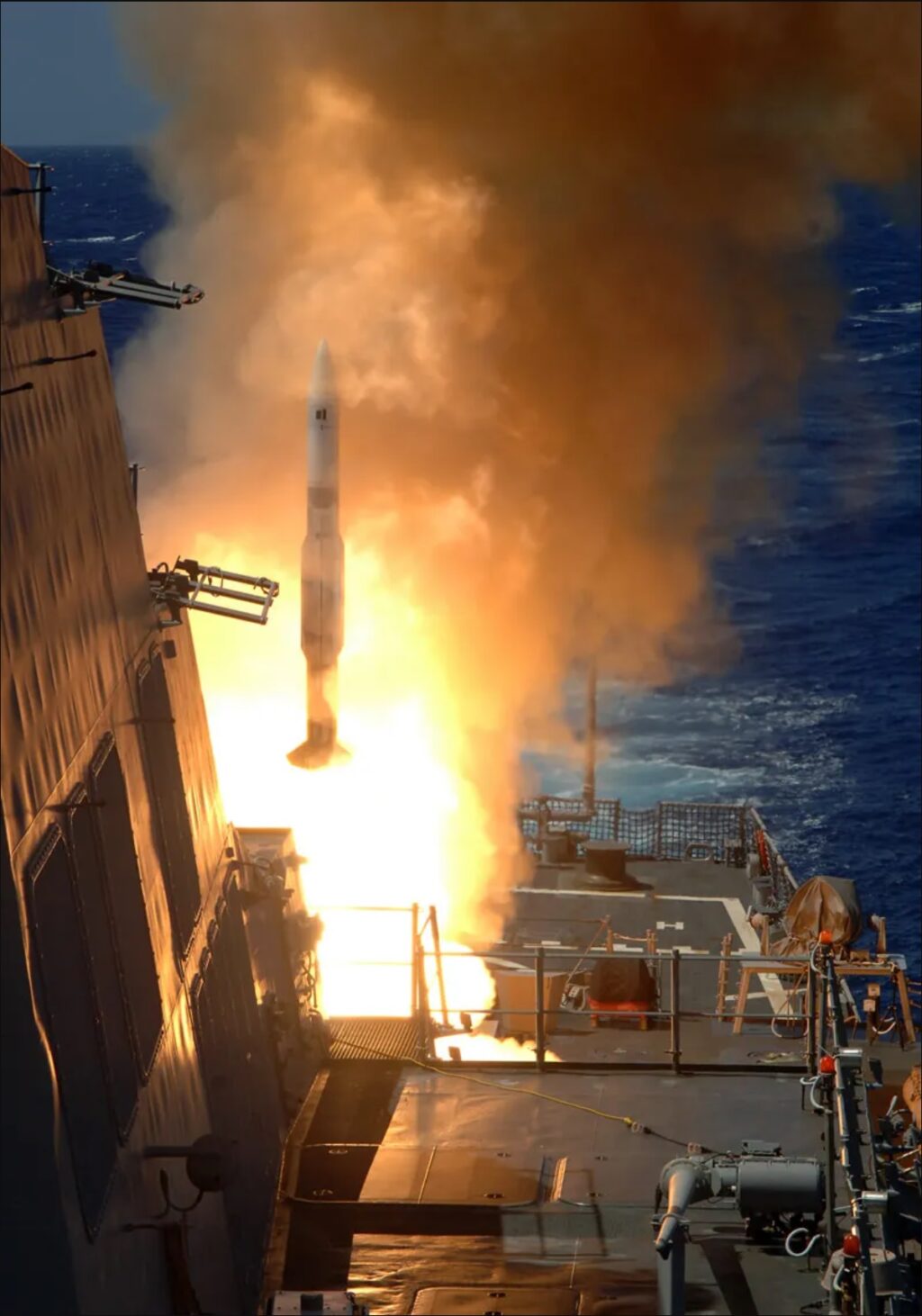
Short supplies of high-end defenses could lead to rationing as Iranian attacks continue
The U.S. is racing to reinforce Israel’s defenses, sending more warships capable of shooting down ballistic missiles to the region as Iranian attacks drain Israel’s stocks of interceptors.
An additional U.S. Navy destroyer arrived in the eastern Mediterranean on Friday, joining three others in the area and two in the Red Sea. The ships are operating close enough to Israel to be able to intercept missiles fired by Iran, a defense official said.
Most of the U.S.’s Arleigh Burke-class guided-missile destroyers are armed with a range of interceptors, known as SM-2, SM-3 and SM-6, that can shoot down ballistic missiles and other aerial threats. SM-3s, first used in combat last year to counter an Iranian attack, are designed to intercept missiles above the atmosphere in the middle of their flight paths.
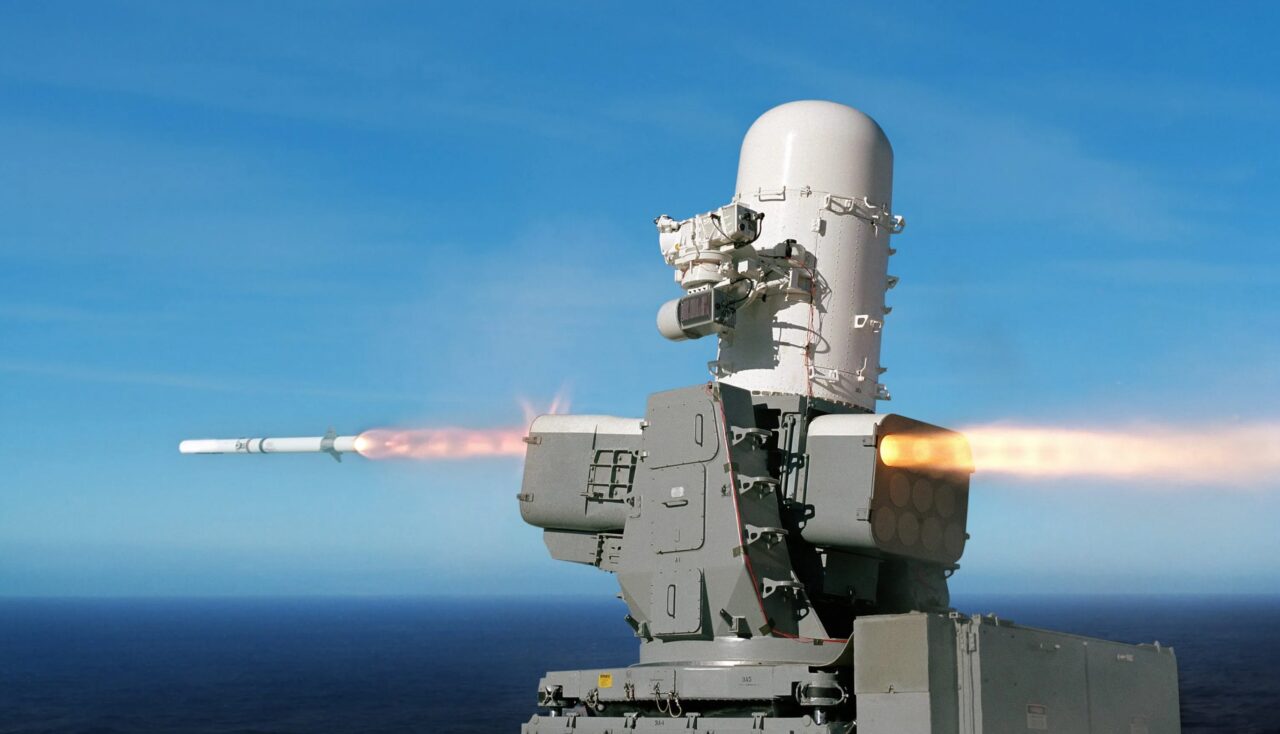
The U.S. has also replenished stocks of ground-based interceptors for the Thaad antimissile system it set up in Israel last year.
The surge of seaborne- and ground-based missile defenses underscores the concerns about Israel’s dwindling supplies of the armaments. Israel risks exhausting its supply of high-end Arrow 3 interceptors in the coming weeks if its conflict with Iran isn’t resolved and Tehran continues to launch volleys of missiles, a U.S. official said.
The Arrow 3 is the crown jewel, designed to intercept missiles above the Earth’s atmosphere. It can neutralize threats before they cross into Israeli airspace and give other systems time to act if the first shot misses.
Israel’s armed forces also declined to comment on interceptor stockpiles, but said the military is ready to handle any scenario.
Tehran has continued to fire volleys of missiles at Israeli population centers. If Iran keeps up its attacks, Israel in the coming days might be forced to make difficult decisions about husbanding its resources and giving priority to which missiles to intercept,
The U.S. is facing its own concerns about supplies of interceptors. Supplies diverted to the conflict in the Middle East are coming at the expense of those available in the event of a bigger conflict with China.
The U.S. might also face tough decisions about how many interceptors to exhaust if the fighting drags on. It rushed missile defenses to its Persian Gulf partners after the Hamas-led Oct. 7, 2023, attacks on Israel kicked off what would become more than a year and a half of war.
Those defenses are politically and militarily important. Gulf countries have pressed the U.S. to take a more active role in their defense, and Iran has threatened to hit American bases in the Gulf and elsewhere in the region if the U.S. joins Israel in the attack.

